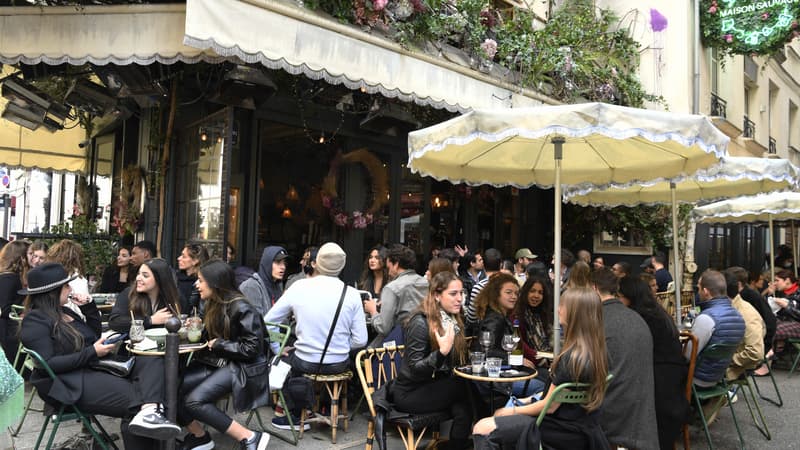This is one of the main measures announced by the Prime Minister to reduce the public deficit: the abolition of two new vacations, with “example of” Easter Monday “and May 8.” We must work more, the entire nation must work more to produce and (…) so that the situation of France improves, “said François Bayrou. By increasing productivity, the measure would return the measure.”
In addition to the lifting of the shields of opposition parties and unions, this perspective also worries the tourism sector, whether internal consumption (hotels, restaurants …) or that linked to trips.
“There will necessarily be a loss of hotels assistance and restoration in regions with the loss of tourists and especially local tourists that come, for example, one day in a coastal complex,” explains Didier Arino, managing director of protourism. “We can evaluate the general impact on a range of 200 to 400 million euros.”
Without forgetting the consequences in certain related activities, such as wine producers, oysters … of which many sales are made in vacation places.
On RMC this Wednesday, Catherine Querard, president of the Hôtelleries and Restorations of France (GHR) evaluated in “200 million euros” the deficit for its sector if the Parliament came to validate these deletions, that is, “100 million” per party.
25% more rotation on vacation
And emphasize that Easter Monday represents “the launch of the tourist season” and that on May 8 it is part of “bridges that are very important” for the sector. “This is where we have most customers. We think of our customers, but also in our employees that are on deck these days.” And affirm “that a fall in the activity would be counterproductive for collective effort.”
She asks that the economic situation of her sector “in pain” be heard while ready to accept the abolition of a holiday but not two “because it is a deficit, it is an accounting reality.” The manager also proposes to choose to eliminate rather on November 11 “that will have less impact on our activity.”
Another probable impact, a decrease in travel activity. As Catherine Querard reminds us, “40% of the French do not go on vacation, bridges are the way to take a brief weekend, a little rest …”
According to government figures, in 2023, between April 8 and May 8, the Easter holiday period, including on weekends of May 1 and 8, there was an increase of almost 15% for a year of stays during the night in France by French residents. Therefore, the centers of the cities are emptying for the benefit of more tourist destinations and companies or restaurants on the coast or in the tourist areas, see their activity, if the weather is there.
In Paris, quite good news for restaurants
However, the consequences depend on the regions. For Franck Delvau, president of the Union of Hotel Trades and Industries (UMIH) Paris ile-de-France, interviewed in BFMTV, the abolition of two vacations is quite good news.
In other places, feeling is obviously different for the regions that welcome French tourists during bridges, especially Parisians. Example in Occitania. “These two -day holiday efforts, for US tourism professionals, is an effort made of 4,200 million euros,” he says in Franceinfo Brice Sannac, president of the UMIH of the Pyrenees-Orientals and Occitanie.
Not worried people
The same tone in Brittany. “In good weather, when there are bridges, frequency sometimes exceed summer assistance,” explains France Bleu, Virginie Gendrot, protourism consultant, specialized consulting consulting and leisure consulting. Or in the Bouche Du Rhône: 29% of the arrivals (85% per French) are concentrated in spring, a period in which the holidays are the most numerous. Just during the 8-Mayo bridge, the assistance was in 2023 half of the 2019.
And what about the holidays a little farther, when the bridges around the holidays allow you to go to Europe or the Mediterranean basin?
For Valérie Boned, president of travel companies (EDV), the impact issue is difficult to evaluate. But the main problem is visibility in the chosen days “to be able to anticipate demand and allow us to adapt,” he explains to BFM Business.
For Patrice Caradec, president of Seto, the French Union of Companies of the Tour Operation (which sells trips to the plane+hotel), there is no need to be scared. On the contrary even.
“In France, I think we have a lot of free time and we consume a lot of free time. Suddenly, the client is very sensitive to the price of the trip. Maybe working more, with less vacation, vacation budgets will increase,” he hopes that the manager. The average of a package trip to France is quite low, around 1,300 euros per person, according to the organization.
Source: BFM TV


